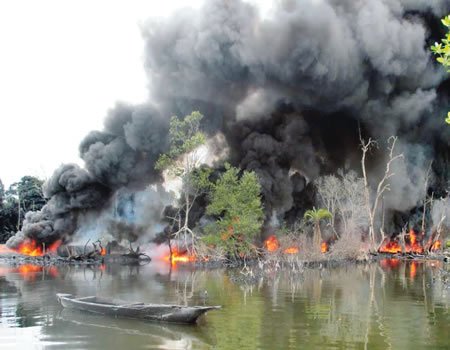
*IPO at high end of range
15 October 2016, Manila — The Philippine unit of Royal Dutch Shell PLC is set to raise up to $404 million after pricing its IPO at the top end of its range, in what would be the fifth-biggest listing in Southeast Asia this year, its underwriter said on Friday.
Pilipinas Shell Petroleum Corp will sell up to 291 million shares at 67 pesos ($1.39) each, said Reginaldo Anthony Cariaso, chief operating officer of BPI Capital Corp, one of the deal’s underwriters.
The company’s guidance was 65-67 pesos per share while the marketing range was at 64-70 pesos each.
The initial public offering follows weeks of ups and downs in the stock market, driven by concerns over the prospect of a U.S interest rate hike in December and a festering row between President Rodrigo Duterte and traditional ally the United States over alleged extrajudicial killings in his war on drugs.
The broader stock market index closed at a five-month low on Thursday because of foreign outflows.
“The market volatility is something we think about but it did not affect overall demand,” Cariaso told Reuters.
The offer period will run from Oct. 19 to 25 while the listing is scheduled for Nov. 3.
One of the world’s fastest-growing economies, the Philippines’ IPO market has been buoyant in the second half. Two companies have listed so far this year, including the $536 million IPO of Cemex Holdings Philippines Inc.
“Given that it is a bit oversubscribed, there is optimism for the stock,” Rafael Palma Gil, portfolio manager at Rizal Commercial Banking Corp in Manila, told Reuters.
But market sentiment could be buffeted by headwinds like a U.S. rate hike and political difficulties arising from the new president’s hostility toward the West, he added.
Pilipinas Shell is required under a two-decade-old law to offer at least 10 percent of equity to the public. But listing plans have been deferred several times due to factors such as unfavourable market conditions and refinery upgrades.
*Neil Jerome Morales; Elaine Tan; Editing – Vyas Mohan & Stephen Coates – Reuters



